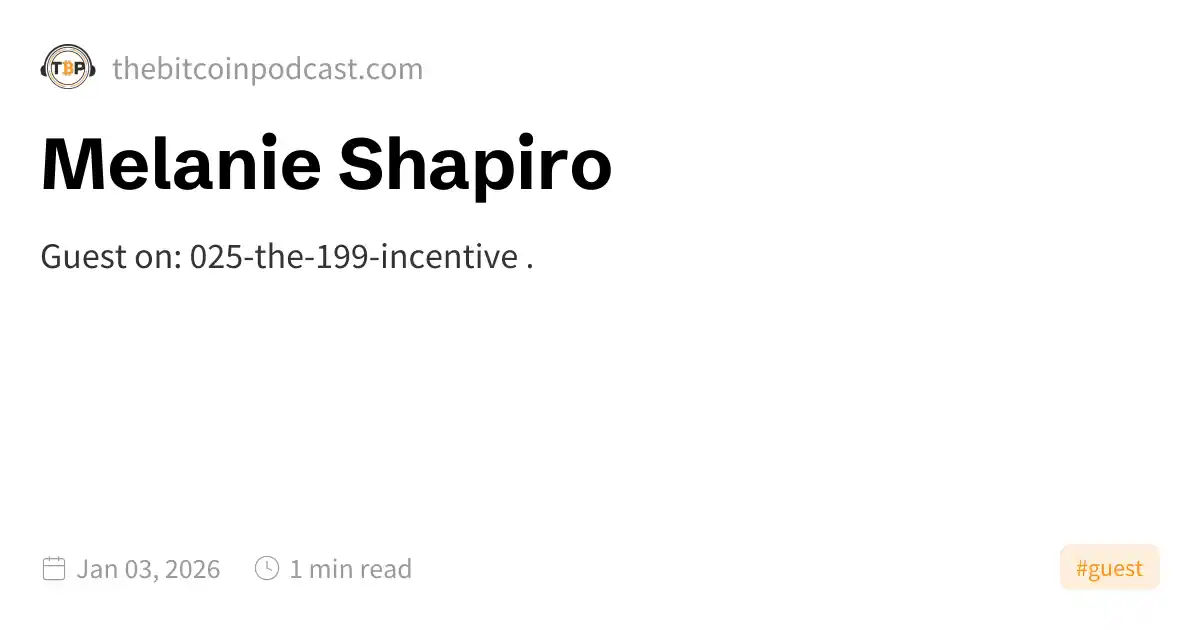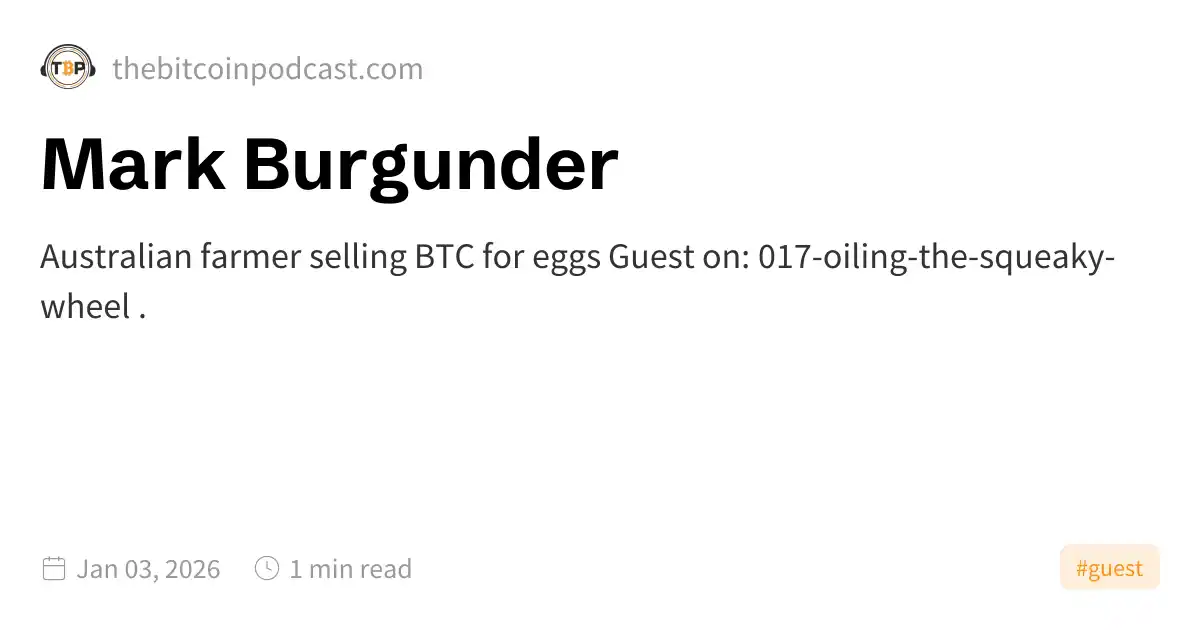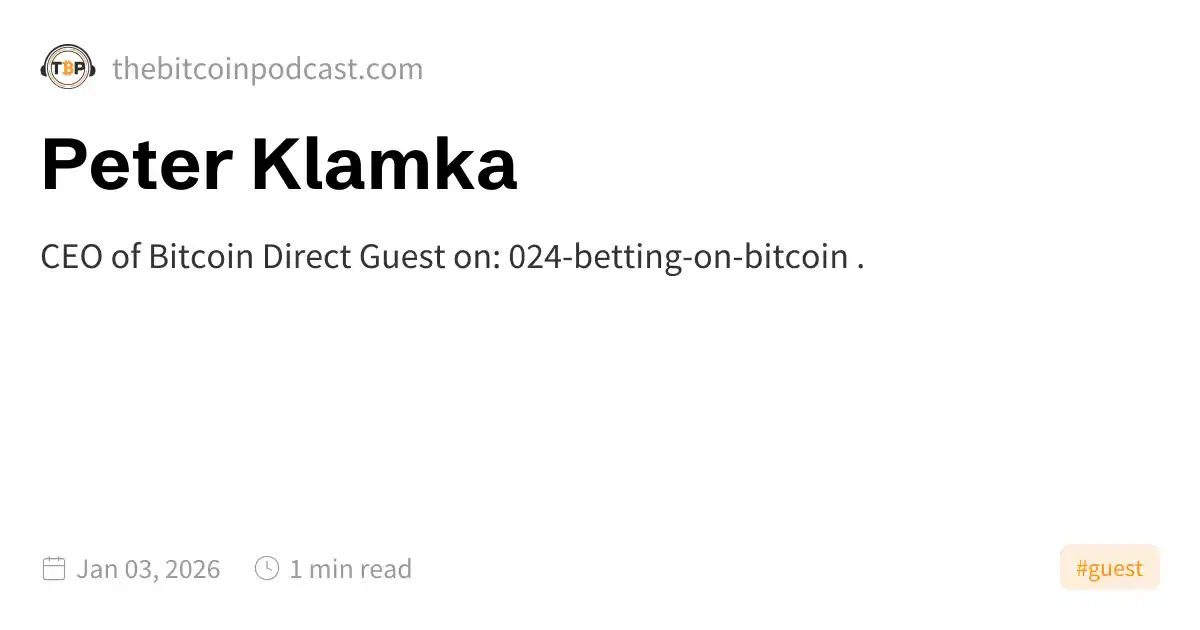UK Government Proposes New Rules for AI and Copyright
Background
The UK government has launched a consultation to explore ways to protect the rights of artists, writers, and composers when their creative content is used to train AI models. The goal is to give creators control over their copyrighted material while fostering technological innovation.
Proposal
A proposal has been put forward to mandate transparency from AI developers, such as OpenAI and Google, on what creative material they use and how they obtain it. This will also allow rights holders to opt out of their work being used to train models, or strike licensing deals if they do consent.
Existing Licensing Deals
While many licensing deals have already been agreed between tech companies and artists, the government says that many creators have been unable to reach agreements under the current copyright regime and require additional support.
Creating an Exception
The proposal suggests creating an exception to the UK laws that currently prohibit using copyrighted material without permission to train commercial models. This change aims to provide AI firms with greater clarity over what material they can legally use.
Stakeholder Response
Several high-profile musicians, including Paul McCartney, Kate Bush, and ABBA’s Björn Ulvaeus, have recently voiced their concerns about how AI companies use copyrighted works without permission.
Creative Industry Unhappy with the Proposal
The creative industry has not reacted positively to the proposals. The Independent Society of Musicians has expressed “immediate concerns” regarding how the opt-out system will work for artists in practice. The Council of Music Makers said that “explicit consent must always be secured from music-makers,” and licensing deals should result in them being “fairly remunerated for their contributions.”
Coalition Launched to Urge the Government to Protect Copyright Laws
The consultation was opened just one day after the launch of the Creative Rights in AI Coalition, a group advocating for the UK government to protect copyright laws and establish a dynamic licensing market. Members include the BPI and bodies representing authors, illustrators, publishers, and photographers.
Coalition’s Demands
The Creative Rights in AI Coalition has three demands of the government: first, that existing copyright law be upheld so that intellectual property owners have exclusive rights over their work, including control over licensing to AI companies; second, that the government ensures creators receive transparent information about how their content is used in AI development; and third, that the government supports policies that balance the protections of creative rights with the advancement of AI technologies.
Conclusion
The UK government’s proposal aims to strike a balance between protecting the rights of creators and fostering innovation in the AI sector. While some in the creative industry have expressed concerns about the proposal, the government hopes to create a more favorable environment for both the tech and creative sectors to thrive.
FAQs
What is the proposal? The proposal is a consultation to explore ways to protect the rights of artists, writers, and composers when their creative content is used to train AI models.
What is the goal of the proposal? The goal is to give creators control over their copyrighted material while fostering technological innovation.
How will the proposal affect AI companies? The proposal will require AI companies to be transparent about what creative material they use and how they obtain it, and will allow rights holders to opt out of their work being used to train models or strike licensing deals if they do consent.
What is the creative industry’s stance on the proposal? The creative industry has expressed concerns about the proposal, with some arguing that it does not go far enough to protect their rights and others that it will lead to a lack of clarity and uncertainty in the market.
What is the next step? The consultation will run until February 25, 2025, and the government will consider the feedback received before making a decision on the proposal.









